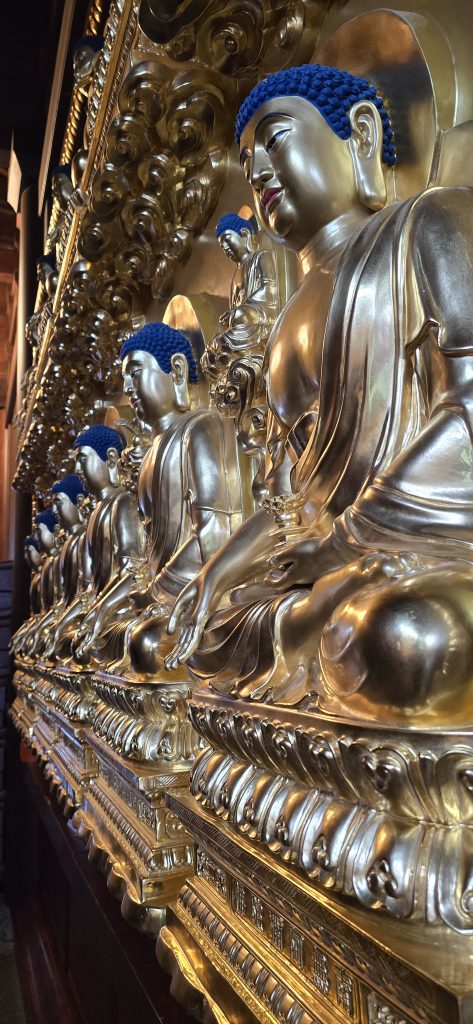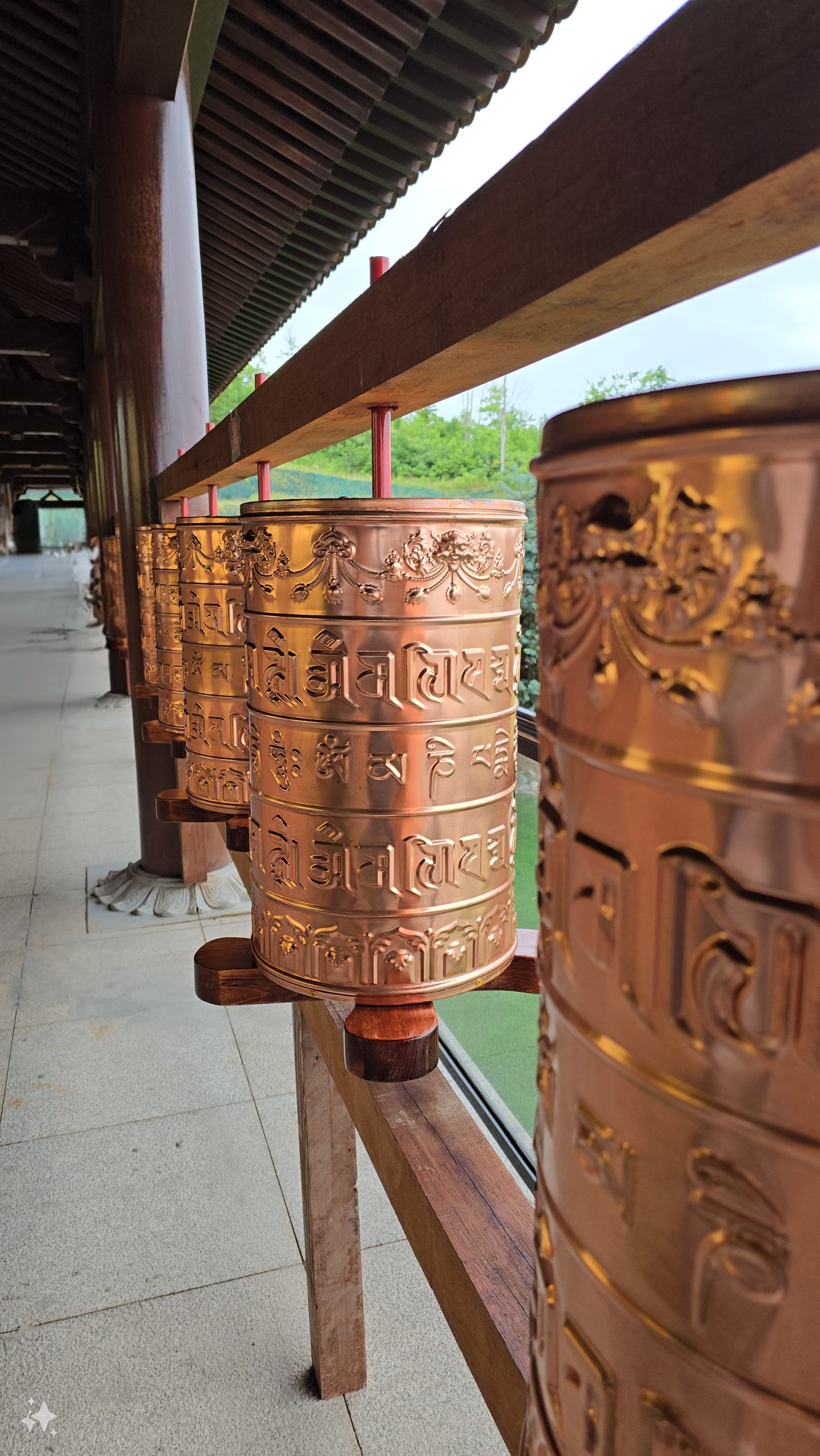Siddhartha Gautama, who later became known as Gautama Buddha, was born in 563 BCE in Lumbini, Nepal. He was the son of King Suddhodana and Queen Maya of the Shakya clan. Siddhartha was raised in royal luxury, and his father made every effort to keep him unaware of the hardships and sufferings of life.
At the age of 29, Siddhartha decided to venture outside the palace for the first time. In the outside world, he encountered four significant sights that changed his life forever:
- An Old Man: This sight made Siddhartha realize that everyone has to face old age.
- A Sick Person: This sight made him aware of illness and its suffering.
- A Dead Body: This sight made him contemplate death and its inevitability.
- A Monk: Seeing the monk, he realized that there might be a way to overcome the sufferings of the world.
These sights introduced Siddhartha to the impermanence and suffering of life. He pondered on how to find liberation from the sufferings of this world. To find the answer, he left his royal life and family. He renounced the world and set out in search of the truth.
For several years, Siddhartha learned from various teachers and practiced severe austerities. He immersed himself in meditation and asceticism, but he realized that extreme asceticism alone could not lead to liberation. He decided to abandon the path of severe austerity and adopt the Middle Way.
After adopting the Middle Way, Siddhartha reached Bodh Gaya, where he began meditating under a Peepal tree, which later became known as the Bodhi Tree. He resolved not to rise from his meditation until he attained enlightenment. After several days of deep meditation, he finally attained enlightenment. He understood the cycle of birth, death, and rebirth and how to break free from this cycle. With this enlightenment, Siddhartha became the Buddha (The one who has attained Bodh (enlightenment), hence referred to as adjective).

The Buddha learned and taught several important truths:
- The Four Noble Truths: The truth of suffering, the cause of suffering, the end of suffering, and the path to the end of suffering.
- The Noble Eightfold Path: Right view, right intention, right speech, right action, right livelihood, right effort, right mindfulness, and right concentration.
The Buddha discovered that the root cause of all suffering is desire, and if desire is eradicated, suffering can also be eradicated. He also taught that by following the Middle Way, avoiding both extreme luxury and extreme asceticism, one can attain enlightenment.
In the current times, as we often find that the values and ethics of individuals and society are on a decline, the teachings and principles of Buddhism can offer a guiding light. The Four Noble Truths and the Noble Eightfold Path provide practical wisdom for navigating the negative aspects of modern society. By understanding that desire is the root cause of suffering, we can learn to manage our desires and reduce our attachment to material possessions and superficial achievements, which often fuel narcissism and discontent.
Practicing mindfulness and meditation can help us develop a deeper awareness of our thoughts and actions, leading to greater emotional regulation and resilience against hatred and dislike. The emphasis on compassion and non-violence in Buddhism encourages us to foster empathy and kindness towards others, countering the prevalence of hostility and division. By adopting the Middle Way, we can strive for balance in our lives, avoiding the extremes of indulgence and deprivation, and find a path to inner peace and fulfillment.
Buddhist principles like right speech, right action, and right livelihood can guide us in making ethical decisions and leading lives that contribute positively to society. In a world often driven by self-interest and conflict, these teachings can help us cultivate a sense of purpose and interconnectedness, ultimately leading to a more harmonious and purposeful life filled with genuine happiness.
